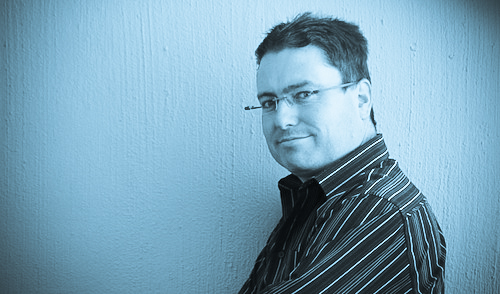
[By Duncan McLeod]
At its last meeting of 2010, on 15 December, cabinet decided SA would adopt the second generation of the European standard for digital terrestrial television. This should have ended many months of often-rancorous debate.
Except there’s a problem: no one in government has actually communicated cabinet’s position, leaving the broadcasting industry in limbo and guessing at what’s going on.
Government spokesman Themba Maseko told TechCentral soon after the December cabinet meeting that communications minister Roy Padayachie had been empowered to make the announcement when he was ready.
But that raised more questions than answers. Why didn’t cabinet make the announcement immediately at the conclusion of its meeting? And what further investigation or consultation did the minister have to do before an official statement could be issued?
Now, finally, the pieces of the puzzle are starting to fall into place.
Before I get there, though, let me sketch the background.
About five years ago, SA agreed with the International Telecommunication Union — along with the rest of the Southern African Development Community — to adopt the European standard for digital terrestrial television.
SA and other SADC countries also agreed to switch off analogue terrestrial broadcasts by mid-2015.
State-owned broadcasting signal distributor Sentech and commercial broadcasters began rolling out digital systems using the European standard and were already quite far down the line with their projects when, early last year, the department of communications threw a spanner in the works.
The department called an industry colloquium to review the country’s commitment to the European standard and to consider alternative options, including ISDB-T, a Japanese system adopted by Brazil.
The Brazilian and Japanese governments began lobbying hard for the region to adopt their standard, with commercial broadcasters and other parties lobbying for the European standard.
Things quickly got ugly, with both sides trading barbs over which standard made more sense in the African context. There were even suggestions that an investment package from Brazil (possibly involving a power station) was on the cards if the country chose ISDB-T, though this talk appears to have had no basis in fact.
I’m not going to attempt to argue the merits and demerits of each system in this column — it’s a highly technical subject best left to engineers.
Last November, a SADC-appointed task team — presumably consisting of at least a few engineers — recommended to the region’s communications ministers that they adopt the second generation of the European standard, DVB-T2.
Cabinet endorsed this recommendation at its 15 December meeting.
So, the question now is: why did Padayachie ask that this decision not be communicated by way of the statement that is issued after all cabinet meetings?
It appears the answer is that Padayachie has felt a need to placate the black business lobby that first raised concerns with government over the country’s decision to use the European standard.
Earlier this week, Business Report broke the news that the National Association of Manufacturers in Electronics Components (Namec) planned to contest cabinet’s decision to choose DVB-T2.
Namec wants cabinet to reverse its choice, saying it was “clearly poorly advised” on the value of the Japanese-Brazilian standard. Association chairman Keith Thabo says government didn’t consult with enough stakeholders.
Then, on Thursday this week, Padayachie issued a carefully worded statement saying simply that he was “finalising consultations with relevant stakeholders on matters related to government’s decision” and that he would announce cabinet’s decision soon.
One can only assume that means he’s in talks with Namec, and possibly other parties that lobbied in favour of the Japanese-Brazilian standard.
Padayachie probably wants to try to avoid creating a perception that government is supporting entrenched, commercial broadcasting interests at the expense of small, black-led business.
TechCentral’s revelation that cabinet has chosen the European standard over other standards may have complicated the minister’s delicate discussions.
Nevertheless, it’s difficult to understand why Padayachie doesn’t simply issue a statement now that we know cabinet’s position. The sooner he makes it official, the sooner the country can get on with the job of migrating from analogue to digital.
- Duncan McLeod is editor of TechCentral
- Subscribe to our free daily newsletter
- Follow us on Twitter or on Facebook


